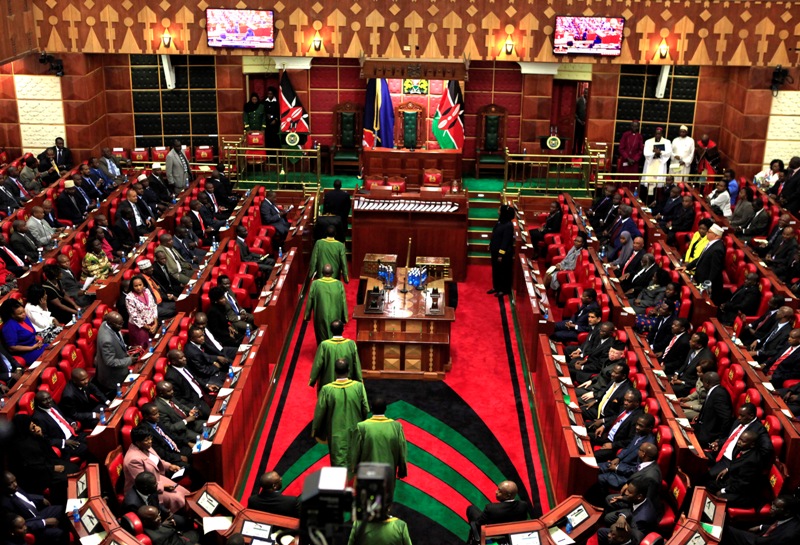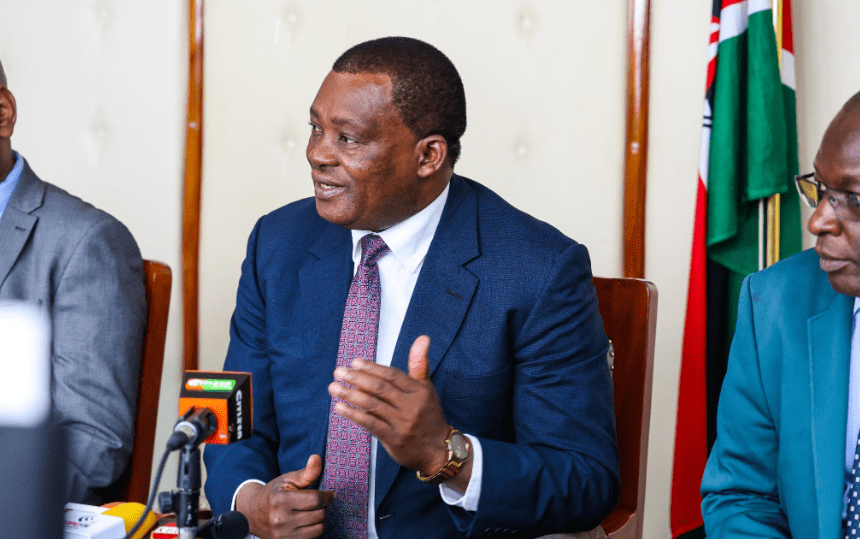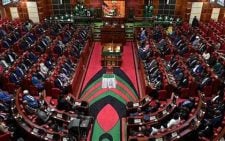Compromise should prevail on Finance Bill dispute

The Finance Bill 2023, President William Ruto’s first budget, is probably the most controversial proposed budget ever presented.
Debate on the Finance Bill has been very robust. Public participation has taken place like never before. President Ruto has been forced to engage myriad groups of key stakeholders to explain his proposals, and try to reach an understanding to reduce mounting opposition against it.
Two things are clear. First, there must be a budget in place by July 1, 2023, when the current financial years closes, to enable the Government to tax and draw money to function. Secondly, the Finance Bill 2023, in its current format, is too divisive, and cannot proceed as currently constituted.
There are two strands informed by the political divide. One is by the Opposition to reject the Bill in totality, and begin all over again, while the second is to insist that the Government has the numbers and will push the Bill through anyway. Both of these hardline stances are wrong. Kenya should be maturing as a democracy, so inclusive processes must be embraced by the country’s body politic, and especially its politicians.
The ongoing intense debate and engagements over the Bill demonstrate that public participation has come of age. This is very important because the budget is a Government’s most critical tool. It is the basis of a government’s legitimacy as this is what authorises it to tax its citizens. So a process that seeks consensus around the Government’s tax proposals is an indication of a robust democracy.
Government should shelve the more stridently opposed proposals for it to rethink its approach, recalibrate them altogether before bringing them back, or do away with them entirely and seek other measures to achieve the same. Further, it is not that the final document will satisfy everybody because that is not possible. That cannot be the goal of compromise. It is that as much as possible, concerns must be taken into account, and those that cannot be accommodated be comprehensively explained.
One thing that must be understood about the budget- Kenyans will have to go through pain. The chickens of the fiscal irresponsibility of the past have now come home to roost. The Government now has very little room for fiscal manoeuvre, and very harsh decisions must be made. The Government has simply run out of headroom. The debt distress the country is going through means that it either tightens its belt and meets its debt obligations, or defaults. Unfortunately, default is not an option. So, the Government must find the money to pay debt, at the same time function and ‘do development.’
The limited fiscal space means that the Government must drastically cut back on borrowing, and only do so when it is absolutely necessary. As they say, when in a hole, stop digging. More borrowing will simply keep pushing interest rates up, as investors demand ever higher interest rates for an increasingly cash strapped Government. It simply becomes a vicious cycle where the Government keeps borrowing at higher rates to retire maturing debt. That is the situation Ghana now finds itself in- a dead end!
Critically, everybody must bear their fare share of paying taxes. Kenya can no longer rely on the easy tax options, where the salaried and corporates bear a disproportionate share of the tax burden because they are easier to tax. Small and medium enterprises must be facilitated to enter the tax bracket without debilitating their capacity to grow. Others like athletes, who earn millions annually, must pay taxes.
Protests such as those by content creators are by grifters and freeloaders who want to ride on the backs of their feloow countrymen. Creatives claim that paying taxes will adversely affect their business. Their self appointed spokeman, Eric Omondi, jumps onto a plane in a huff to go to London to have lunch just to prove a point. Other content creators are all over social media showing off their ostentatious lifestyles. And paying taxes is supposed to kill their creativity? Please!
— gathukara@gmail.com















